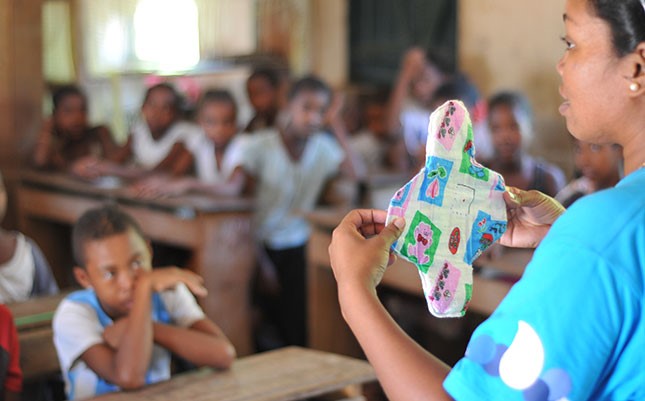News
Kaduna Needs N70bn To Fix 4,200 Public Primary Schools

Eniola Olayemi
Kaduna State Government has opened its education sector to the public as part of efforts to ensure transparency and accountability for improve quality of service in the sector.
Speaking at the Inaugural Interactive Forum on Education Sector Performance Review, anchored by Kaduna Basic Education Accountability Mechanism (KADBEAM), supported by DFID-funded Partnership to Reform, Engage and Learn (PERL), the state’s Commissioner for Education, Science and Technology, Ja’afaru Sani, said that the move was part of the state’s Open Government Partnership to strengthen citizens’ engagement in governance.
Sani, noted that the only way to move the sector forward was to open the sector’s doors to the public to make inputs, monitor implementation of policies and take ownership for effective service delivery.
According to him, involving the people in the designs and implementation of government policies will increase the chances of success through confidence building and co-ownership of the sector.
“Government do not know everything and the duty of providing education for all is the responsibility for all, making this open governance and citizens engagement key to the success of government programmes in the sector.”
Malam Aliyu Tijjani, KADBEAM Co-Chair from the civil society, described KABEAM as “a child of necessity”, saying that the state government is doing a lot in the education sector but not much is known by the public.
He added that KADBEAM, which has the Permanent Secretary, Ministry of Education as Co-Chair was a partnership platform for the government and citizens to work together toward ensuring quality in basic education.
According to him, the main goal of KADBEAM is to bridge the gap between the public and government and educate them on what the government is doing in the sector, with particular attention on basic education.
“This accountability mechanism is designed to ensure transparency in the education sector where the citizens are carried along in the design and implementation of government programmes in the sector.
“This will enable citizens verify government claims in terms of development in the sector so that the people will know where we are in the sector, where we ought to be and how to get there.”
Presenting the state’s scorecard in the sector in the last three years, Malam Lawal Abubakar of KADBEAM noted the sustained increased in budgetary allocation for the construction of classrooms for primary and secondary schools.
Abubakar also said that capital budgetary performance on construction of primary and junior secondary schools had tripled in 2017 when compared with what was budgeted in 2015.
He also said that pupil/teacher ration have equally increased in both Early Child Development (ECD) centres, primary and junior secondary schools which would affected the quality of basic education.
He added that the number of ECD centres, primary and junior secondary schools also increased over a period of three years.
“The number of ECD increased from 1,410 in 2015 to 1,894 in 2018 with corresponding increase in enrollment from 173,000 in 2015 to 293,000 by 2018.
“Number of primary schools has increased from 4,225 in 2015 to 4,260 in 2018 while enrolment also increased from 1.1 million in 2015 to 1.7 million in 2018.
“The number of junior secondary schools equally increased form 411 in 2015 to 419 in 2018, while enrolment increase from 147,000 in 2015 to 320,000 in 2018,” he added.
He called on the state government to sustain its capital investment in developing the infrastructure of ECD, primary and junior secondary schools in the state,
He also called on the government to recruit more qualified teacher to ensure quality of teaching and learning.
Bahijjatu Garko of United Nations Population Fund commended the state government for its commitment towards engaging the citizens in the designs and implementation of programmes in the education sector.
Garko said that the only way to achieve transparency and accountability in the sector was to carry the citizens along in all education programmes.
“We are solidly behind Kaduna Government in it drive to improve the quality of service delivery in the education sector and other sectors of the economy,” she said.


















